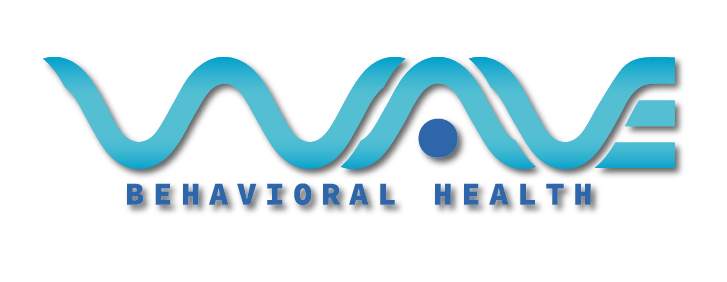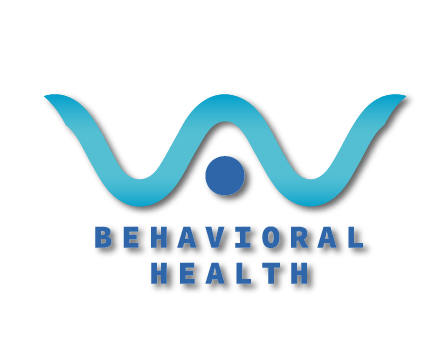Wave Behavioral Health PHP Programs
Our Partial Hospitalization Program (PHP) offers a comprehensive and structured approach to mental health care for individuals who require intensive support while maintaining their daily routines. Tailored to each individual’s needs, our program combines evidence-based interventions and therapeutic modalities to promote healing, resilience, and lasting well-being.
Partial Hospitalization Program (PHP) for Kids, Adolescents, and Teens
Comprehensive Treatment Approach:
PHP for kids, adolescents, and teens offers a holistic approach to mental health care, integrating evidence-based therapies, educational components, and family involvement to promote healing and growth. It provides a higher level of care than traditional outpatient therapy while avoiding the need for full-time hospitalization.
Structured Schedule
Participants in a PHP attend structured programming during the day, typically for several hours each day, allowing them to receive intensive therapeutic interventions while still returning home in the evenings. This structured schedule ensures consistency and continuity of care, providing a supportive environment for healing and recovery.
Individualized Treatment Plans
Each child, adolescent, or teen enrolled in a PHP receives an individualized treatment plan tailored to their unique needs and goals. This may include a combination of individual therapy, group therapy, family therapy, medication management, and educational support, among other interventions.
Therapeutic Modalities
PHP programs for kids, adolescents, and teens often incorporate a variety of therapeutic modalities to address different aspects of mental health and well-being. These may include cognitive-behavioral therapy (CBT), dialectical behavior therapy (DBT), art therapy, play therapy, mindfulness practices, and more.
Family Involvement
Family involvement is a crucial component of PHP for kids, adolescents, and teens. Families are encouraged to participate in therapy sessions, educational workshops, and treatment planning to support their child’s progress and strengthen family relationships.
Transition and Aftercare
As participants progress through their treatment, PHP programs often include transition planning and aftercare support to ensure a smooth transition back to school, home, and community settings. This may involve ongoing therapy, support groups, and resources to maintain progress and prevent relapse.



